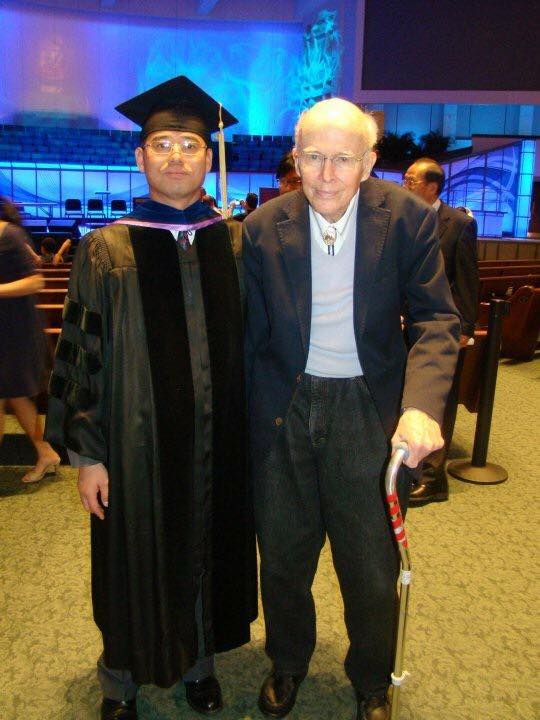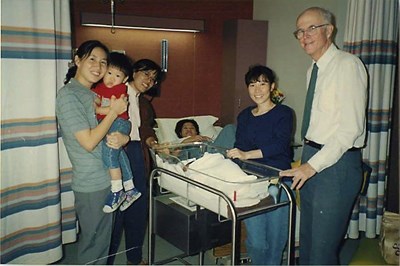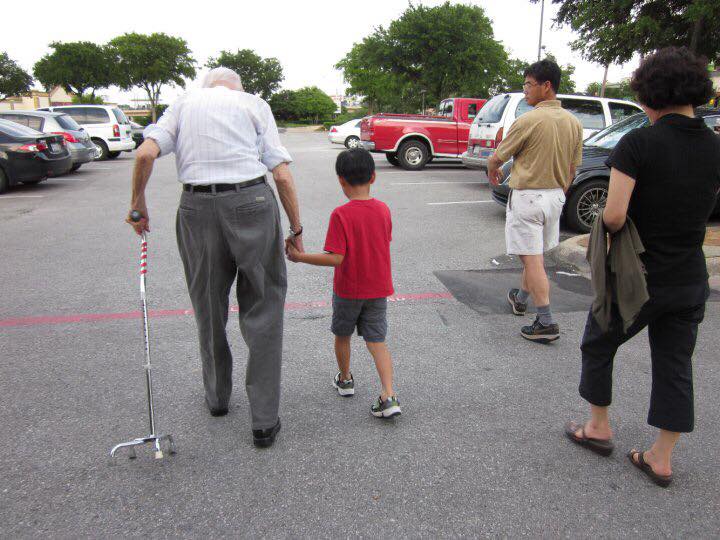
As if we had been transported to the rugged West where I managed ranch hands on a massive spread, Ellis would tip his hat to me each time he entered the office foyer and address me as “boss-lady.” He was a straightforward fellow, curved in spine and aged in years, possessing a simple, no-nonsense style. His family moved to Dallas in the early part of the twentieth century where his father started a hardware store which his two sons later ran. To my knowledge, these two brothers and their sister never married. They spent their years together and led quiet, unassuming lives.
Ellis died in February, flooding a rush of memories to me. Ellis had been one of my English tutors for a program I oversaw while I directed the International Office at a local graduate school. Coming twice a week for the ten years I worked there, he continued after I moved. He assisted international students in strengthening their command of the language at a graduate level. He was particular and incisive. Ellis was exacting when it came to English grammar and syntax, yet his demeanor remained reserved, kind, and warm.
He dedicated at least ten hours a week to these non-residents, often joining them in family events outside of class times. He did all of this to serve the minority in our community, for over twenty years and for free. As he aged, he became unable to drive himself to the school, so he began to pay to volunteer. He began to hire a driver to shuttle him back and forth to his lessons, and he continued teaching until his health prohibited it.
With the current furor regarding immigrants, Ellis’s example of how to be a good neighbor arrests me. What if humans did something unexpected? More than begrudging acquiescence or militant opposition, what if we paid to help the immigrants in our land? Without patronization, since resident and newcomer are both guests on earth[1] . . .
What if we shared our resources as we would want done to us?
[1] See the work of Gemma Tulud Cruz in An Intercultural Theology of Migration: Pilgrims in the Wilderness. Leiden: Brill, 2010.






